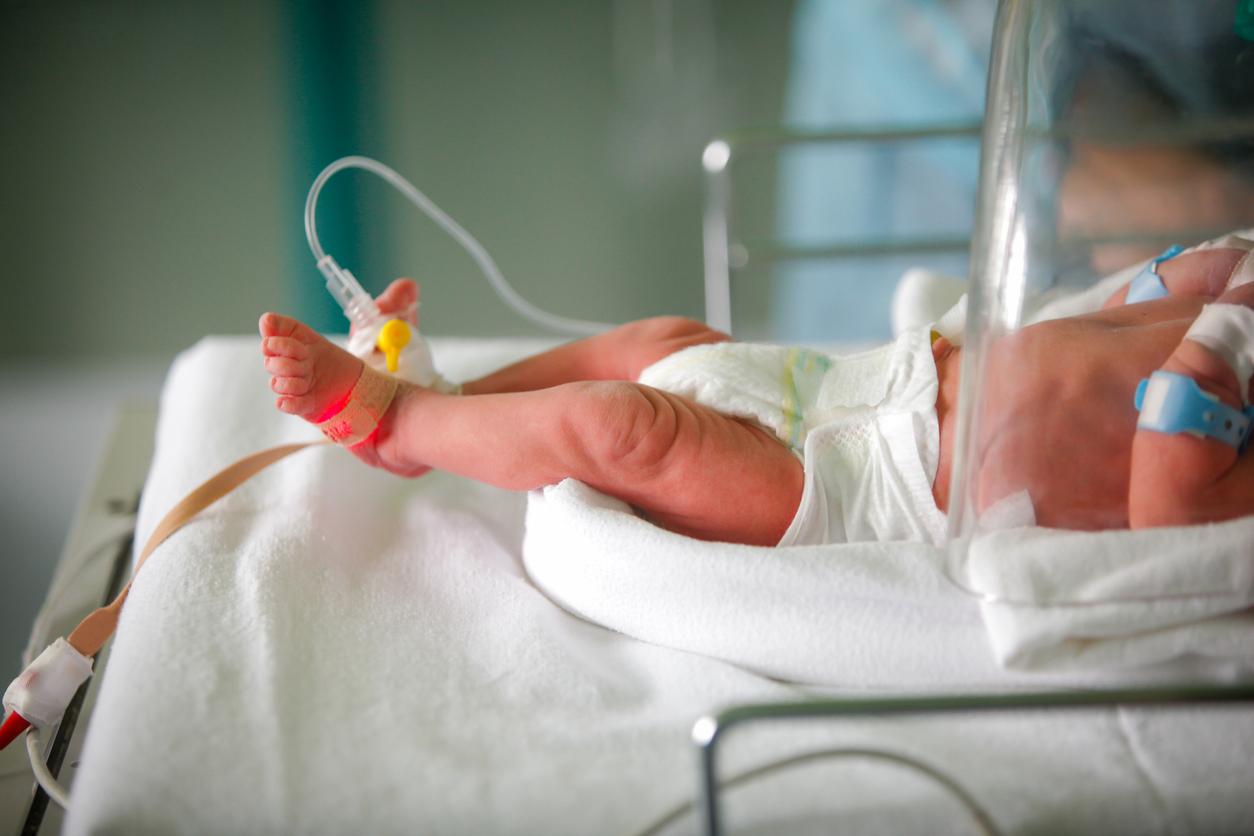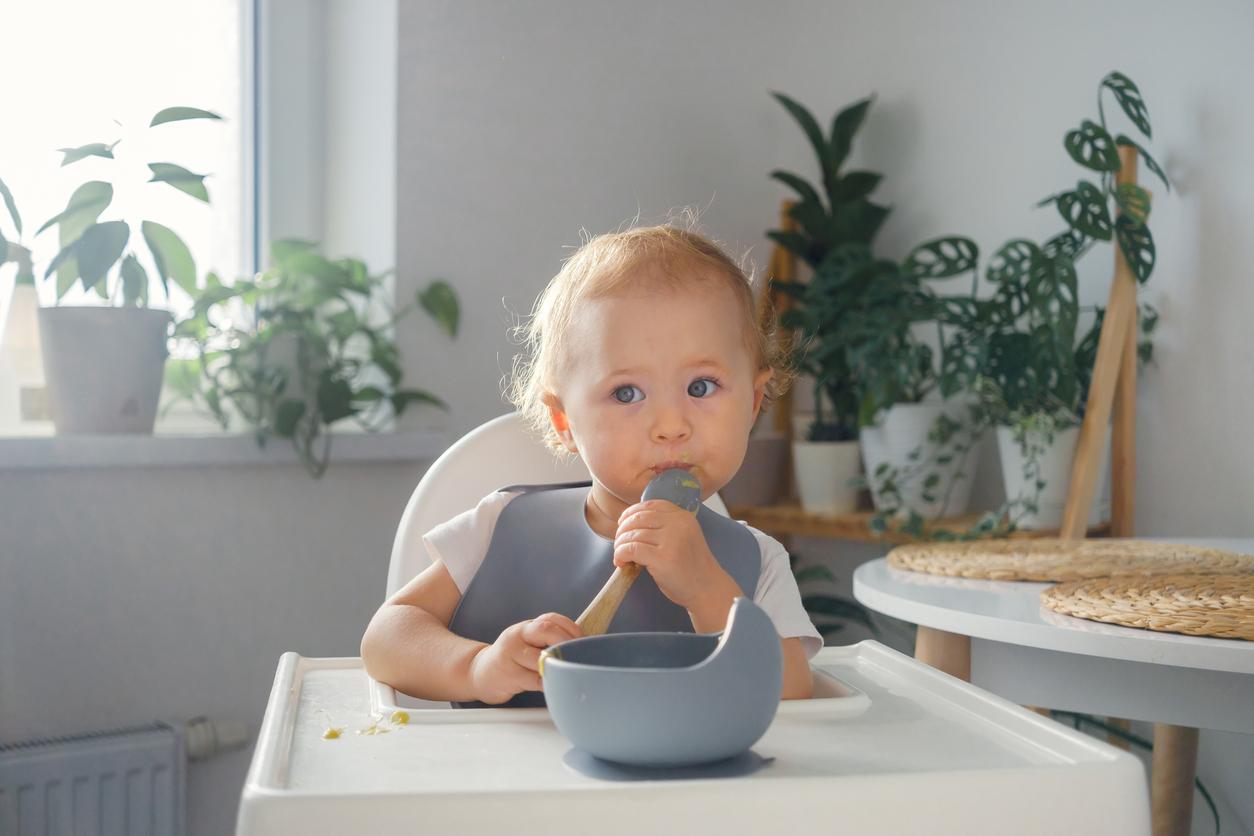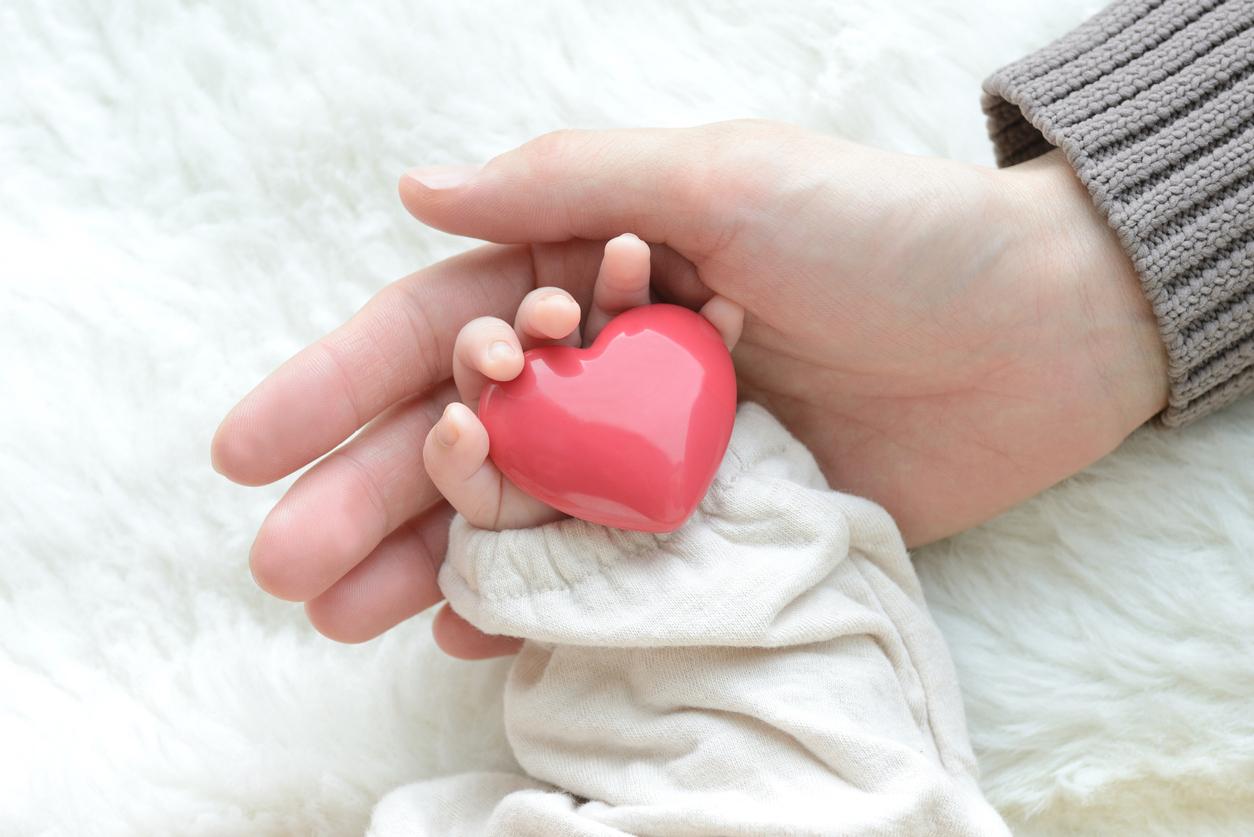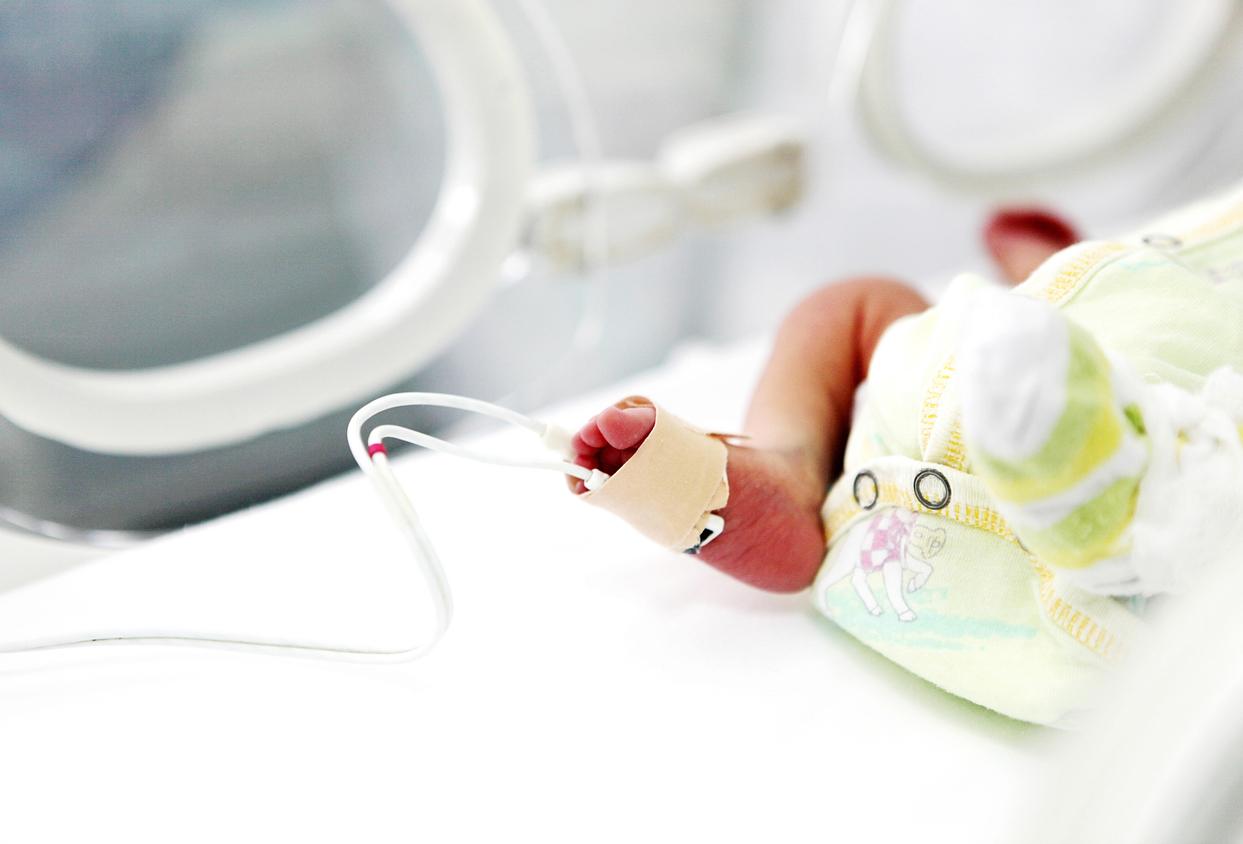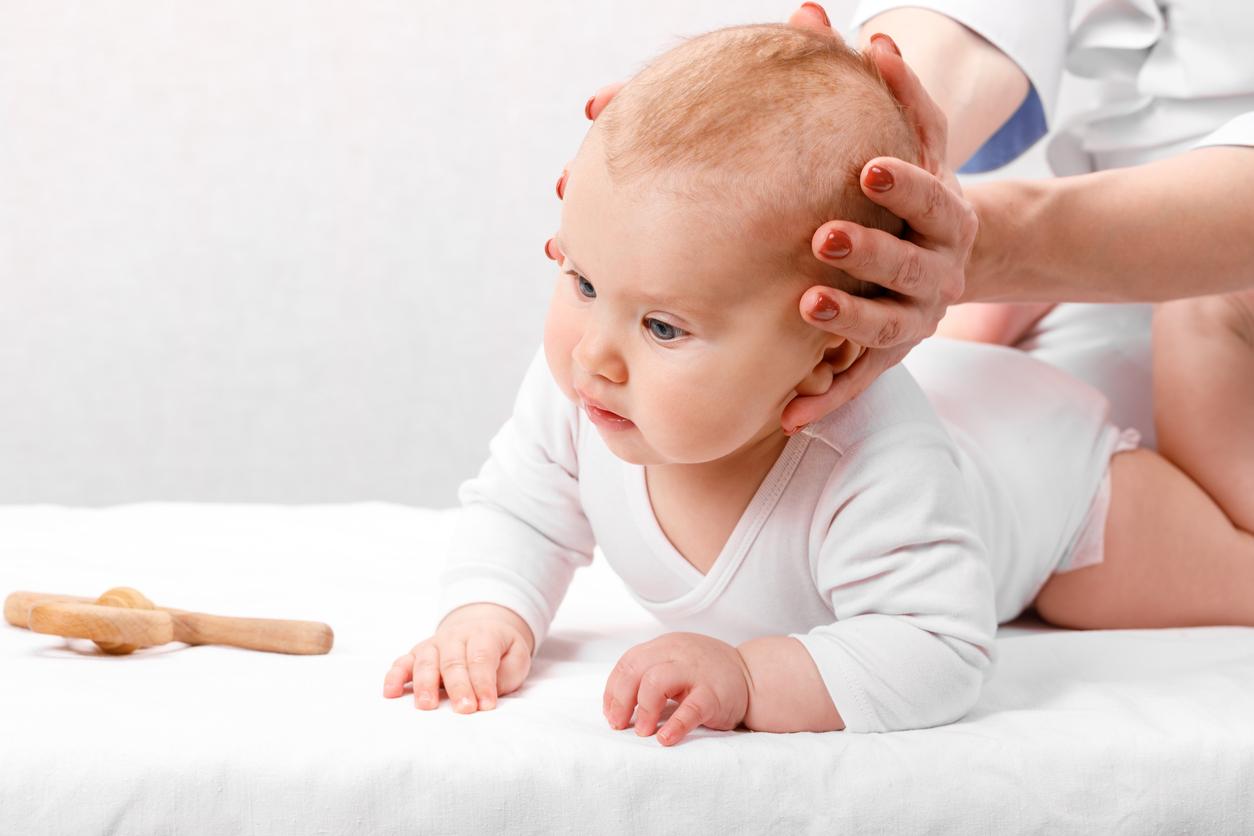An infant’s crying does not affect his development or his relationship with his parents. This is the conclusion of a British study conducted with 178 babies and their mothers.

- No need to rush at your baby when he cries, it does not affect his development
- Parents intuitively adapt to infants’ needs
Letting a baby cry without intervening at the first cries in no way affects the development of the infant and even less his attachment to his parents. On this subject which sometimes divides families, science has just delivered its verdict.
It is British researchers from the University of Warwick who affirm this absence of negative consequences of newborn crying in a study recently published in the Journal of Child Psychology and Psychiatry.
They followed for 18 months following the birth 178 babies and their mothers. These were questioned after 3 months, 6 months and 18 months on the behavior of their child and on several subjects such as the duration of the crying of the baby, the time taken for intervention by the parents in the event of crying or the duration of moments of attention given to infants.
A baby who cries at 3 months cries less at 18 months
Result: letting your child cry does not affect his development or his attachment to his parents. Better still, the scientists who carried out this work found that a baby who cries regularly at three months tended to… cry less when reaching the age of 18 months!
By observing the mothers’ answers to the proposed questionnaires, they also noted that these mothers knew how to respond intuitively to the needs of their children: to the rush towards the crying baby during the first weeks, they preferred to let him cry more easily as he grew older. they grew until he managed to calm himself down. “Most parents intuitively adapt to their baby’s needs and wait a bit before intervening when he cries, which gives children the opportunity to learn to self-regulate”explains Professor Didier Wolke, lead author of the study.
.









